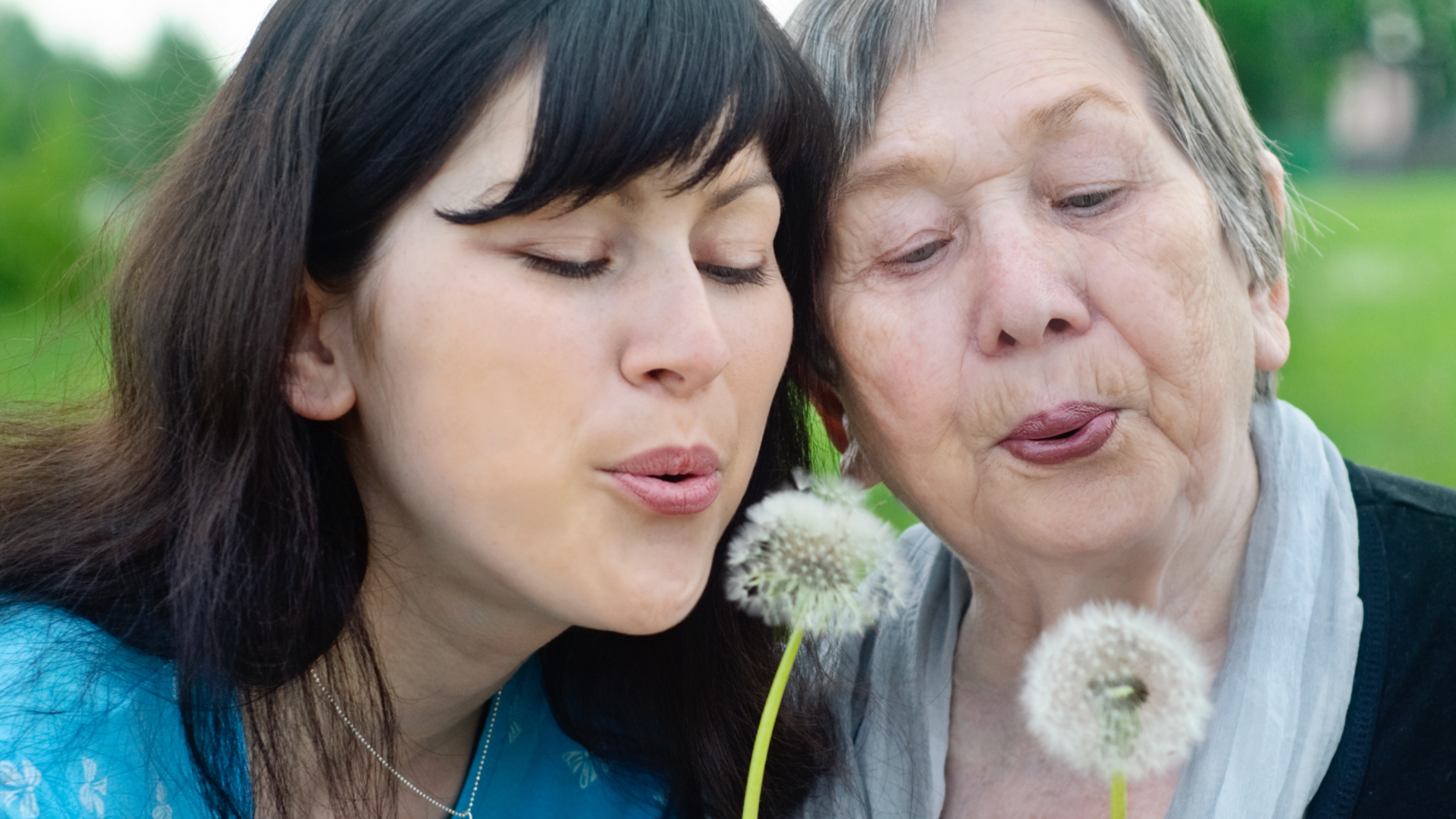When It's Time For That Chat
Opening Up to Family and Friends about Mental Health
“Talking about your mental health with the people you trust is often the first step to feeling better.” -Daisy, 20.
Opening up about any hardships can be tricky, but it can be especially hard to discuss the struggles and difficulties of poor mental health. There are many reasons people are afraid, such as those who you open up to may not take you seriously, they could ask uncomfortable questions, possibly try to lecture you or they may have enough on their plate. Whatever your reason, just remember that depression, anxiety, stress and panic disorders are real mental health disorders, and by giving them a glance of what you’re feeling, they may be able to help lift the weight.
A few ways to open up may start with looking to people who aren’t as close to you as your sibling, partner or parent. For instance, talking with a co-worker, teacher, church or other religious group can be a bit easier and serve as a practice session before opening up to those especially close to you. If you’re still a bit too nervous for those kinds of conversations, it might help to write it down, get it out of your system and give it to your family or close friend. It’s a good idea to find a suitable time and place to have the conversation, it can feel a bit nerve-wracking but finding somewhere comfortable and quiet can make it easier by removing unnecessary distractions. If you’ve found someone on television who’s said something that you can relate to, it may make it easier to use them as an example and to help explain your feelings, especially if you’re struggling with finding the right words to say. Once you’ve had a discussion with them about your mental health, they may want to help, and to learn how to help and this will differ for every person. You may just want someone to listen to you and offer emotional support, while maybe you know that you want some practical help from a professional; it’s okay to not know what you want yet. Taking this first step and getting your feelings out of your head is a large step in the right direction.
However, sometimes familial support isn’t always available, but treatment centres will always be there for you, and TrentPTS offers many services that will work with you to get your mental health back on track. Some people would also rather open up to friends rather than family, and the suggestions regarding how to have this conversation are similar when talking about it with friends.
According to psychological research, young people under the age of 24 are more likely to report mental health difficulties relative to older generations due to higher levels of stress. This can influence the care and support provided by professionals; depending on your age, it may be easier to talk to different kinds of people. For instance, when opening up, older people may feel more comfortable talking to a professional instead of friends or neighbours (but if you’re older and unsure about how you’re feeling, it may help to have a chat with a trusted family friend and check-in with yourself). However, younger people generally feel more comfortable discussing mental health with friends before asking for professional help. Sometimes it can be hard when in the face-paced environment of school, or you may be scared of judgment which is a completely normal concern.
Organisations like Young Minds collated a list of tips for talking to friends about mental health (Young Minds, 2019). Similar to when talking with family, they suggest you plan ahead and make sure you’re in a comfortable environment for opening up, and also talk about what they can do to support you. If you don’t want to answer some of their questions that’s alright, you can answer them in your own time and your friends should respect that. It’s also good to set some boundaries on what you find helpful and unhelpful – for instance you may not find jokes about mental health helpful at all, while others use it as a coping mechanism. However, those who do not respect you or your requests may not have you best interests in mind and don’t feel the need to stay friends with those who make you feel worse. It can be really helpful to open up, and talking about your struggles with trusted friends or family can help you take that step of asking for help.
Opening up to people can be daunting, but by planning out what, when and how you want to have your conversation, it can be less stressful and provide you with an extra sense of control. Treatment centres like TrentPTS are also always available if you’d like to refer yourself in, and they can help suggest treatment options and how to best support you.
Here are some websites that you may find helpful
https://www.mind.org.uk/information-support/your-stories/opening-up-about-depression/
https://www.nami.org/Blogs/NAMI-Blog/January-2017/Opening-Up-to-Others-about-Your-Mental-Health
There are also some additional services that you can contact if you’re in crisis and need some emotional support.
CALM (The Campaign Against Living Miserably)
They raise awareness of suicide. Their helpline and webchat offers emotional support, advice and information to men and their families.
Telephone for outside London: 0800 58 58 58.
Telephone for inside London: 0808 802 5858.5pm – midnight, everyday.
Webchat: through the website
Website: www.thecalmzone.net
Samaritans
The Samaritans give people confidential emotional support. In some areas they have local branches where you can go for support.
Telephone: 116 123 (UK) (24 hours)
Address: PO Box RSRB-KKBY-CYJK, P.O. Box 90 90, Stirling FK8 2SA
Email: jo@samaritans.org
Website: www.samaritans.org
Shout
If you’re experiencing a personal crisis, are unable to cope and need support, text Shout to 85258. Shout can help with urgent issues such as suicidal thoughts, abuse or assault, self-harm, bullying and relationship challenges.
Text: Text Shout to 85258
Website: www.giveusashout.org/













